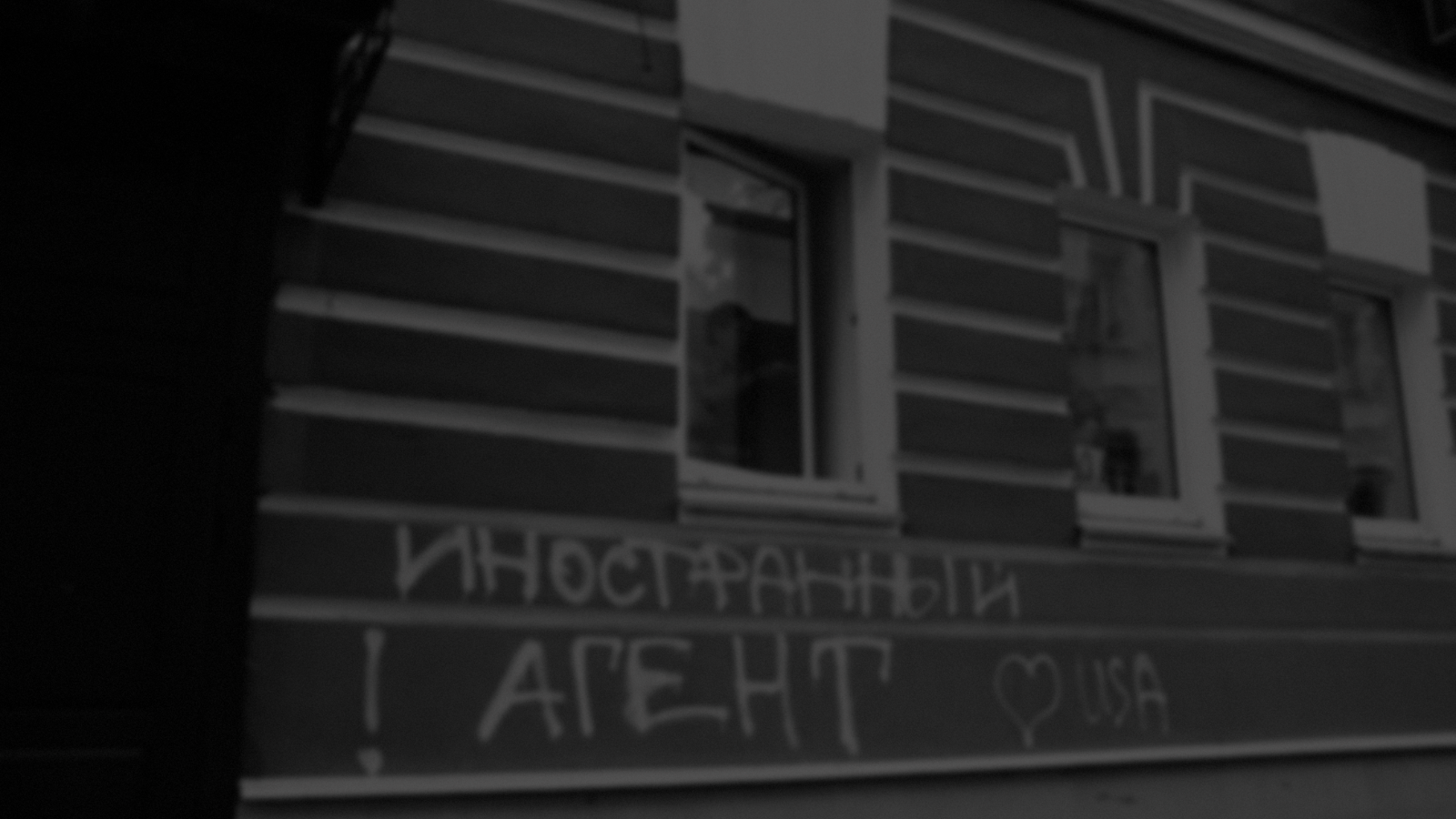Speakers
- Tatiana Glushkova, Human Rights Center Memorial (liquidated)
- Liliya Vezhevatova, Feminist Anti-War Resistance
- Ivan Pavlov Lawyer, human rights defender, and founder of Team29 and DeptOne
- Dilya Gafurova, Sphere (Russian LGBT Network)
- Natalia Prilutskaya, Amnesty International
Moderated by
- Dave Elseroad, Human Rights House Foundation
Over the last several years, the Russian authorities have engaged in a systematic campaign of repression of human rights and restriction of civic space including by shutting down independent media, intimidating and harassing human rights defenders and activists, banning peaceful protest, and imposing impermissible restrictions on the operations of independent civil society organisations in the country, including those that seek justice and effective remedies for human rights violations.
On 9 March 2022, 51 states made a joint statement on the human rights situation in the Russian Federation at the Human Rights Council. However, since then, Russian authorities have taken further steps to make it nearly impossible for Russian and international human rights non-governmental organisations and civil society organisations to operate in Russia, in violation of the Russian Federation’s human rights obligations. Among the government’s key tools against these individuals and organisations is the expansion of the punitive, toxic “foreign agent” designation. A new bill tabled in April would again drastically extend the application of the “foreign agents” label. Criminal trials in two cases of involvement with “undesirable” organisations are ongoing.
The Russian Federation’s departure from the Council of Europe, loss of access to the European Court of Human Rights for its citizens, diplomatic isolation from those States which have been supportive of human rights and civil society in Russia, and increasingly repressive policies make it increasingly difficult for Russian human rights defenders, activists, and civil society organisations to hold the authorities to account through international mechanisms and engage with the international community. And, there is no end in sight. Without robust and genuine international support, and a monitoring mechanism, independent Russian civil society organisations will continue to be left isolated and dangerously exposed.
The panel will focus on the following key questions:
- What are the most pressing human rights issues in Russia?
- What are the effects of increasingly repressive legislation and other policies and practices targeting civil society?
- What role does the Human Rights Council have in addressing the human rights situation?





